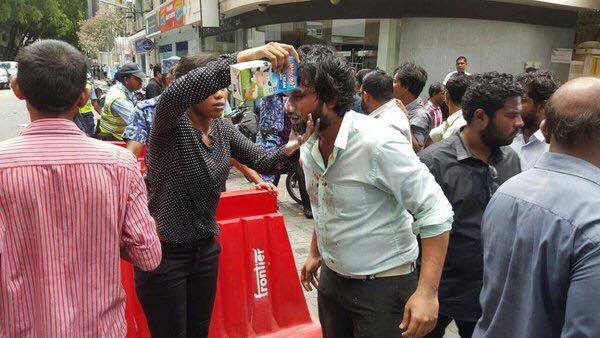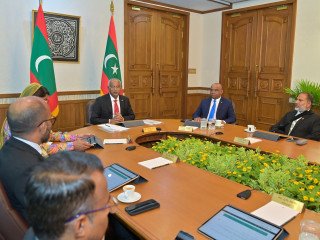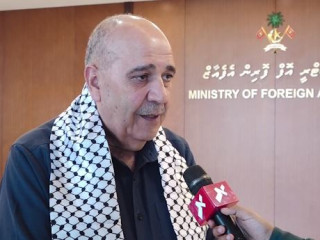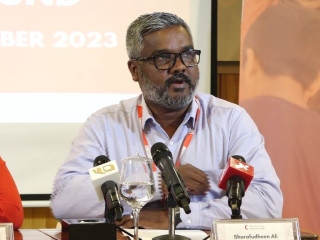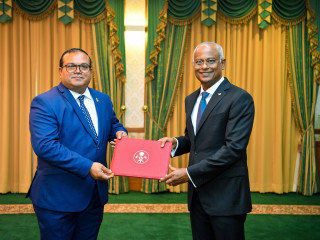Opposition Maldivian Democratic Party (MDP) has condemned the Criminal Court’s warning against journalists that allegedly ‘encourage terrorism’.
In a statement on Monday, the party likened the court’s warning to ‘words of tyrannical politician’, and described it as detrimental to the separation of powers and a threat to freedom of press.
The Criminal Court released the warning on Sunday, stating that journalists and media organizations that cover stories in a manner that hinders public confidence in state institutions and the government - and in doing so encourages terrorism - will be prosecuted.
READ MORE: Criminal Court issues warning to media over “terror positive coverage”
MDP noted that it is not the mandate of the judiciary to decide and comment on matters that have not been filed or subject to legal proceedings.
The party called on the court to repeal its ‘utterly oppressive’ warning, and instead to divert its resources into attaining justice for repeated threats and violence against the press – citing an arson attack on the privately-owned Raajje Television, and disappearance of Maldives Independent’s journalist, Ahmed Rilwan.
“While the Maldivian people, the United Nations, the International Commission of Jurists, and every prominent institution that works to ensure justice and equality of rights have repeatedly expressed their concern over the actions of the local judiciary, Maldivian courts have shown a severe lack of capacity to amend its ways” the statement released in Dhivehi on Monday said.
MDP said that the warning is contrary to standards the entire world holds on justice and freedom, and to stop ‘humiliating’ the entire nation.
The Criminal Court warned of legal action against any news reports that depict the state and the government in bad light, maintaining that there are media organizations that hold themselves especially to ‘destroy public confidence and encourage terrorism’.
Amnesty International’s year-end report on the state of human rights, criticized the Maldivian judiciary over lack of transparent practices, citing highly politicized trials and political favoritism.
